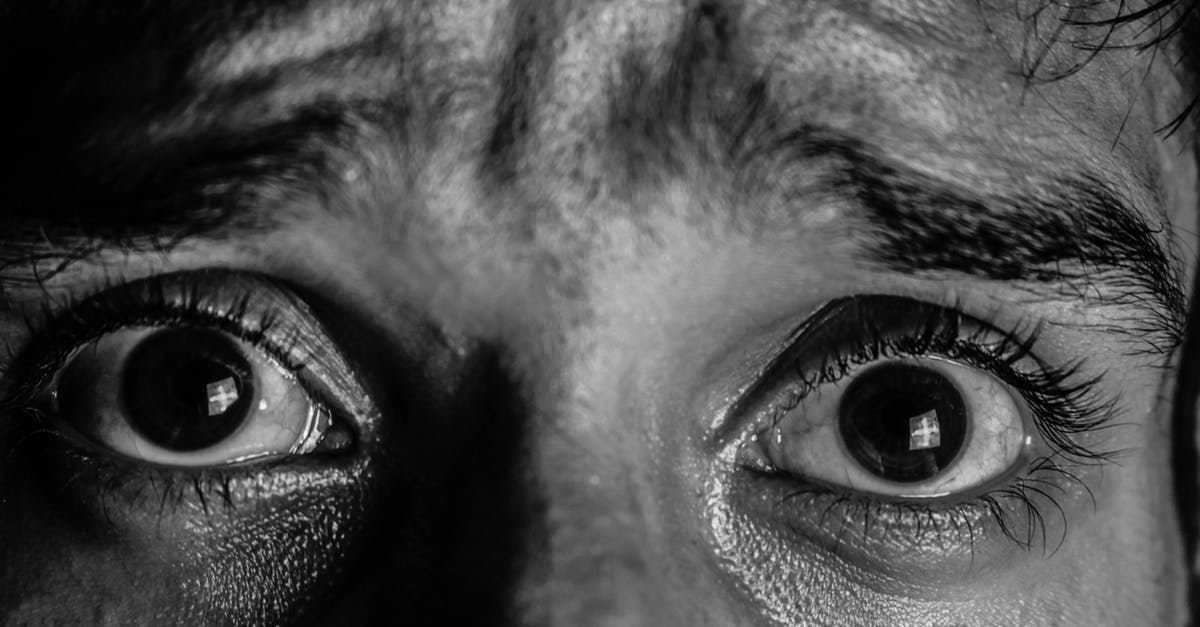We all know about fear – that inborn survival code that keeps us from hugging grizzly bears and makes us think twice about walking down dark alleys. Useful? Even life-saving? Yes and yes. But on a day-to-day basis, that gift sometimes feels like a curse; we fear having THAT conversation, we fear letting him or her down, etc. What’s meant to help us occasionally ends up paralyzing us in the context of day-to-day living.
But lately I’ve been pondering a different aspect of fear. Something we never talk about.
A positive. A benefit.
A secret value of fear.
Some examples to illustrate what I’m talking about…
- A possible promotion opens up at your company and you immediately feel nervous.
- That guy or that gal smiles at you and a flock* of butterflies is unleashed in your gut.
- You hear someone complaining about a product or service – a product or service that you have a business plan for improving – and your palms get sweaty.
Certainly, you’ve experienced this before; there’s some kind of information input and you have a gut-level, instinctive reaction way before you’ve had the time to contend with it intellectually.
And so, the secret value of fear is this: it can serve as a radar for opportunity.
“Wait, I thought fear was biological indicator of a threat.” Exactly. Everything listed out above IS a threat – a threat to your status quo. If you didn’t really care, if you didn’t believe this stimulus – whatever it is – held some kind of promise, you wouldn’t react. But you do. So what does that mean?
Simply this: the opportunity might be worth investigating.
“What if I ask her out and she says ‘yes’? Things would change.” Yep, you better believe that’s true.
“What if I get the promotion or I launch my own businesses? My schedule – my life – would be totally different.” Yeah, pretty much guaranteed.
And the above scenarios are the positive what-ifs – the woman or guy could say ‘no’. You could bomb in your venture. These things have been known to happen. But the question is really this: do things happen to you or do you happen to things?
Sometimes, it’s better to try, to take the chance. And I’m not talking in a touchy-feely Hallmark-y sense of the phrase ‘take a chance.’ Consider the Monty Hall Problem.
Briefly, the Monty Hall problem describes a scenario where you’re presented with three doors, a single prize waiting behind one of them. Let’s say you pick Door 1 and then Door 3 is opened… no prize. Now, you have a choice: you can stick with Door 1 or change your bet to Door 2. Which should you choose? It’s a 50/50 proposition, right? Actually, statistically speaking, if you make the change to Door 2, you double your odds of winning. Counter-intuitive, but true (and worth exploring further).
Whether or not you can wrap your brain around that statistical phenomenon (it’s a challenge for me), we can all understand these two basics…
One: while no one likes fear, it can be your ally, serving as a gut-level signal that a potentially game-changing opportunity has entered your domain.
Two: make the change or don’t, but know that taking a risk is sometimes the better bet and that sticking with what you know is not always the sanctuary of safety we often imagine it to be.
– Matthew Porter
Matthew Porter writes about decoding success, creative leadership, marketing, and productivity.
If you enjoyed this, please subscribe, comment, and share!
*Technically, it’s called a kaleidoscope of butterflies.




[…] And just in case you think your safest bet is standing pat, you might be more wrong than you think (more on that here). […]